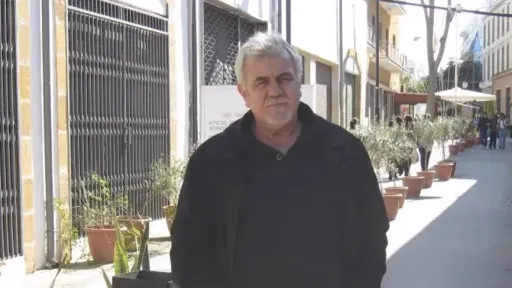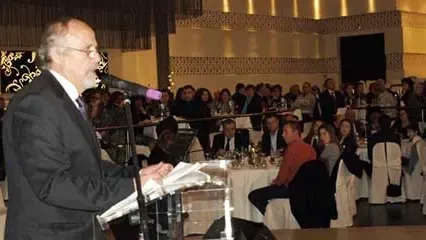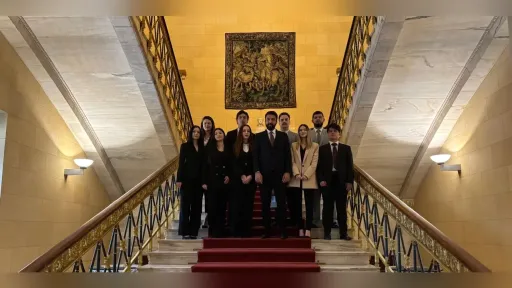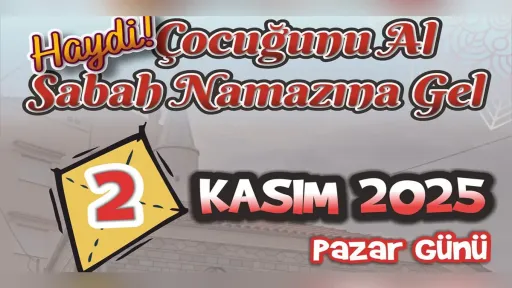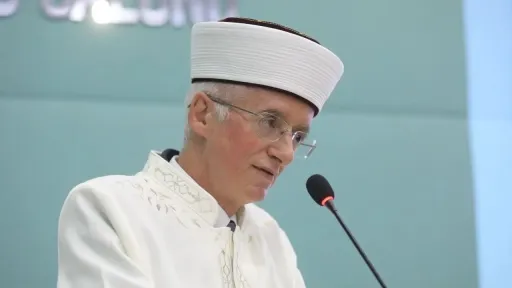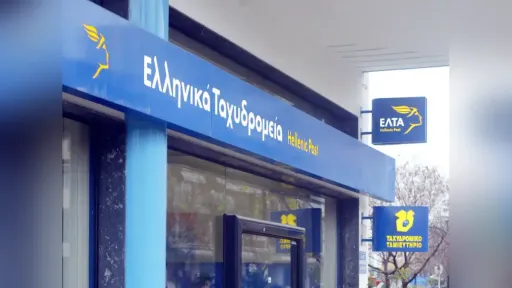Turkish Teachers' Union publish a statement about International Mother Language Day

The Western Thrace Turkish Teachers' Union (BTTÖB) has released a statement on the occasion of the United Nations Educational, Scientific and Cultural Organization (UNESCO)'s determination of February 21 as the International Mother Language Day and its annual celebration.
In the statement published under the title "Happy World Mother Language Day" and emphasizing the importance of mother tongue, BTTÖB board of directors stated the following:
"The United Nations Educational, Scientific and Cultural Organization (UNESCO) declared February 21 as the International Mother Language Day in 1999. To promote international reconciliation, cultural diversity and multilingualism, every 21 February is held around the world to draw attention to mother tongue. Activities are held. The mother tongue is important primarily in terms of ensuring communication between mother and child, expressing feelings and thoughts, and establishing intra-community communication. Mother tongue provides cultural carrier apart from communication. Tales, stories, lullabies, folk songs learned from family and close environment are also used in mother tongue. For this reason, it is important to learn the mother tongue and make it usable in daily life.
Mother Tongue is the language that a person learns from mother, family, and environment without rules and conscious learning process. It is then developed through oral and written training. It enables the person to comprehend the culture to which he belongs, to keep it alive, to carry it to the future, and to enrich it. Every culture exists only with its own language and it is meaningful with that language. It establishes the link between the past and the future of the person and carries the person to their roots. It is decisive in the formation of a person's identity and personality. It enables the person to understand the world, nature, and the environment. It is possible with one's mother tongue to express one's thoughts with the deepest feelings and make sense of life. It is a scientifically proven fact that a person learns other foreign languages faster thanks to his native language.
Confucius once said, “If you want to destroy a nation, first start with its language”.
Breaking or being cut off from a person's mother tongue means not only breaking his ties with his family and nation, but also breaking his ties with the world. It is impossible for nations that have lost their language to survive as a nation. An individual who breaks off from his mother tongue is also cut off from many national values. The mother tongue can only be developed through written language and education in that language. It is extremely difficult, even impossible, for peoples who are deprived of mother tongue education to develop their language, learn their culture and pass it on to future generations. The common findings of sociologists, psychologists, educators, and all circles related to education are that people convey their feelings and thoughts best in their own language. It is the common opinion of everyone, that especially the removal of children from their mother tongue is the greatest torture that can be done to them! “He who loses his language loses his religion, nationality, and personality.”
For this reason, as the Turkish Minority of Western Thrace, we demand kindergartens that will provide bilingual Turkish-Greek education and we repeat this demand at every opportunity. Forcing our children, who will receive bilingual education two years later, to receive education in one language in kindergarten is an outdated and imposing approach. It is our desire that these schools, which will play an important role in the development of the mother tongue, are based on a curriculum, as in primary schools, towards development and enrichment. This is why we strongly oppose the closure of minority primary schools on the pretext of having a shortage of children. The existence of these schools, which will develop our mother tongue in written language, is of vital importance. We wish our minority children to have this opportunity easily in the environment they are in, not with the transport system. We do not find it right for our children to transition from minority primary schools to public schools for the reasons we have listed above. We want libraries or bookcases to be created in minority primary schools that will allow our children to easily access books written in their mother tongue and appropriate for their age. We hereby announce once again our request for a school that will enable our disabled children to receive bilingual education, especially for our disabled children. This school is a must. Leaving these special children, who can hardly understand what is said in their mother tongue, into the hands of an educator who gives commands in a language they have heard for the first time in their lives, is an understanding far from contemporary education. Turkish teachers who teach our children in their mother tongue should be given the opportunity to receive their vocational training in Turkey, and we expect the authorities to support this in good faith. We also want minority teachers who graduated from education faculties of Turkish universities to be assigned to our primary schools. With these feelings and thoughts, we celebrate the World Mother Language Day once again!"

